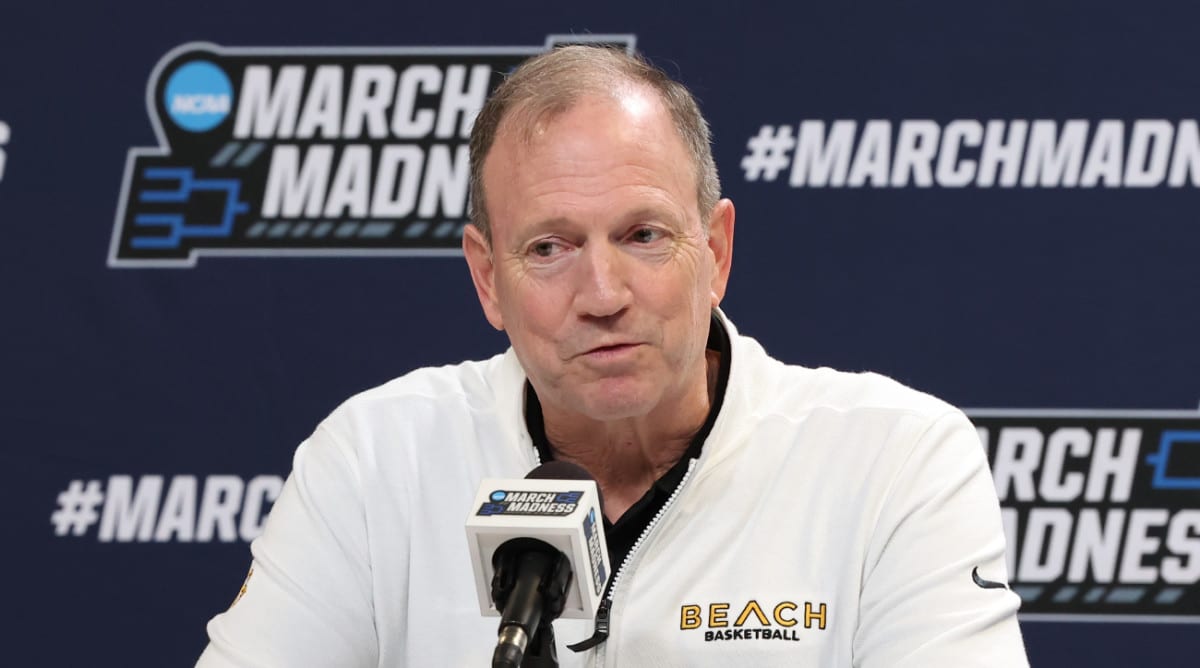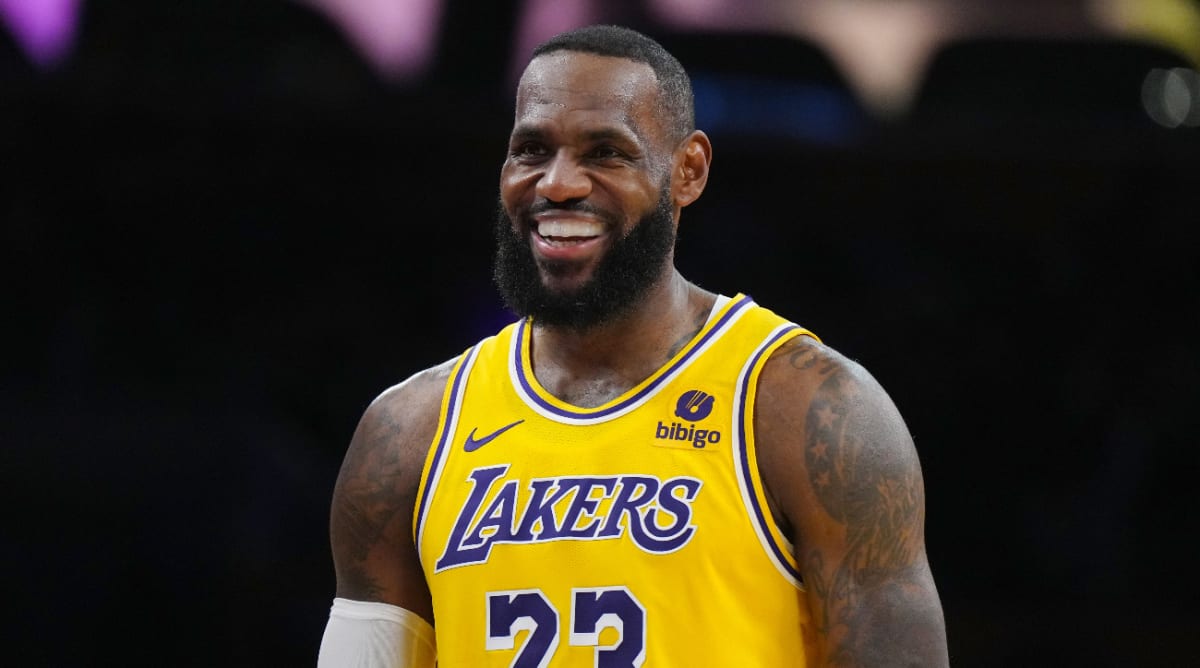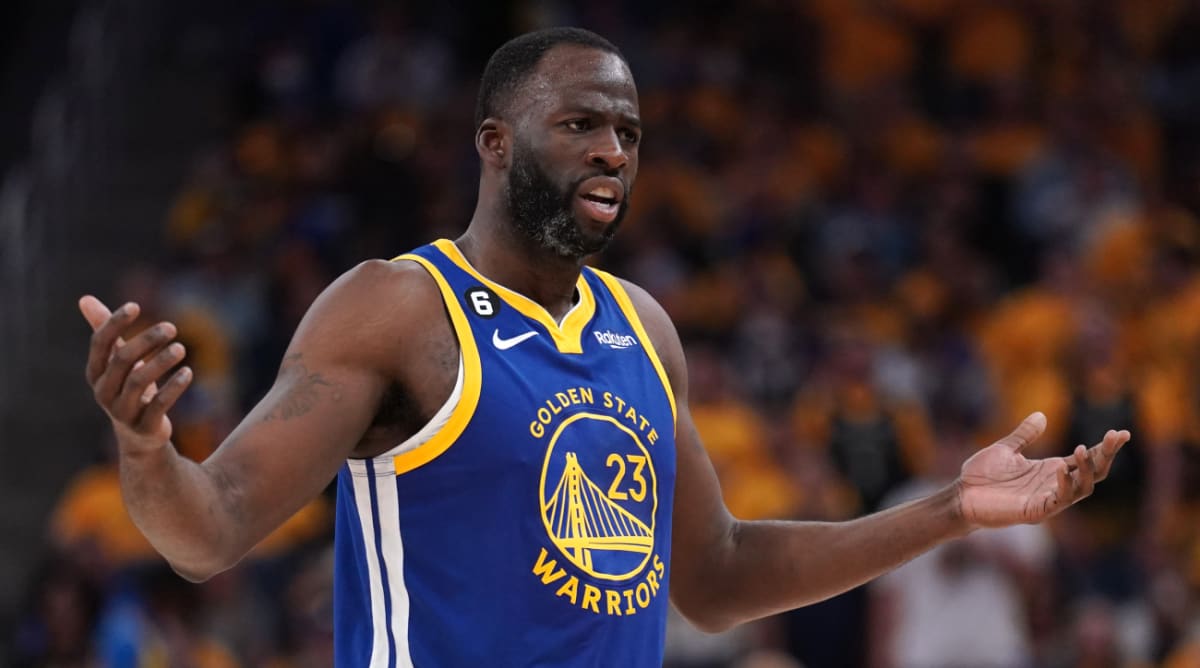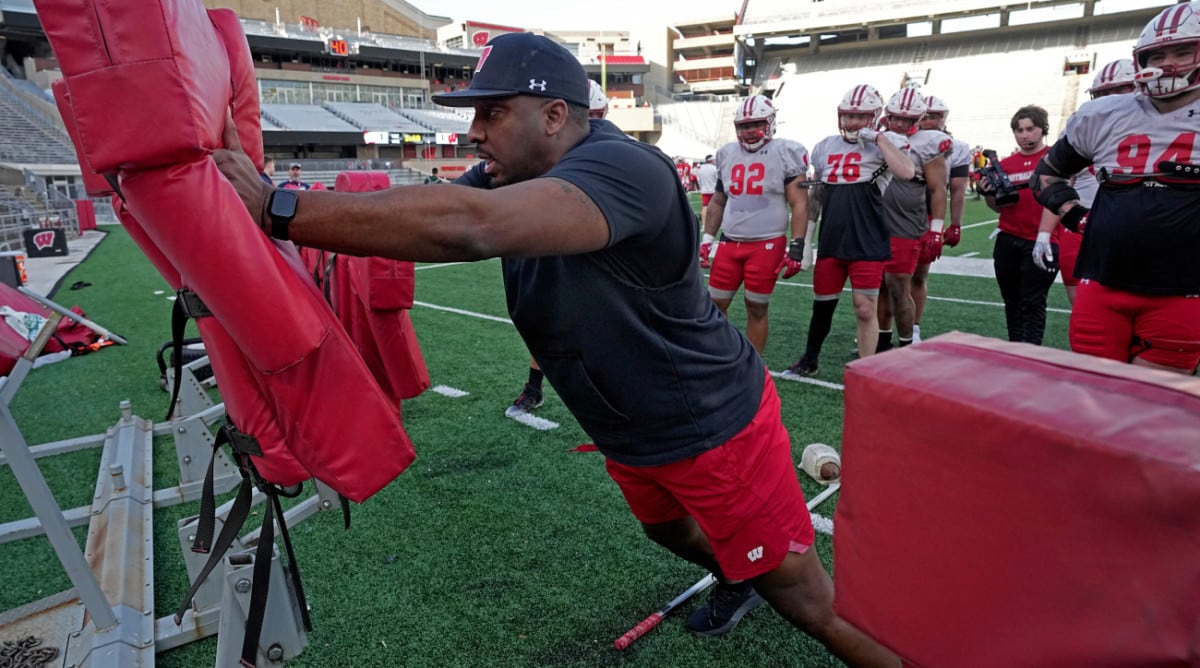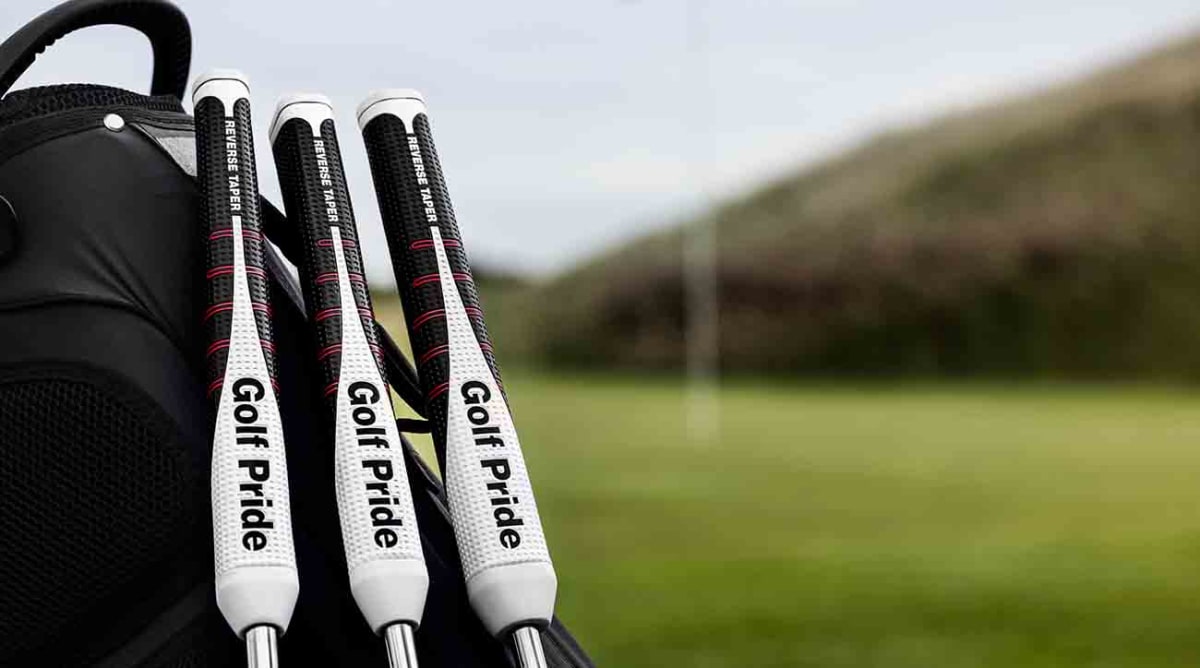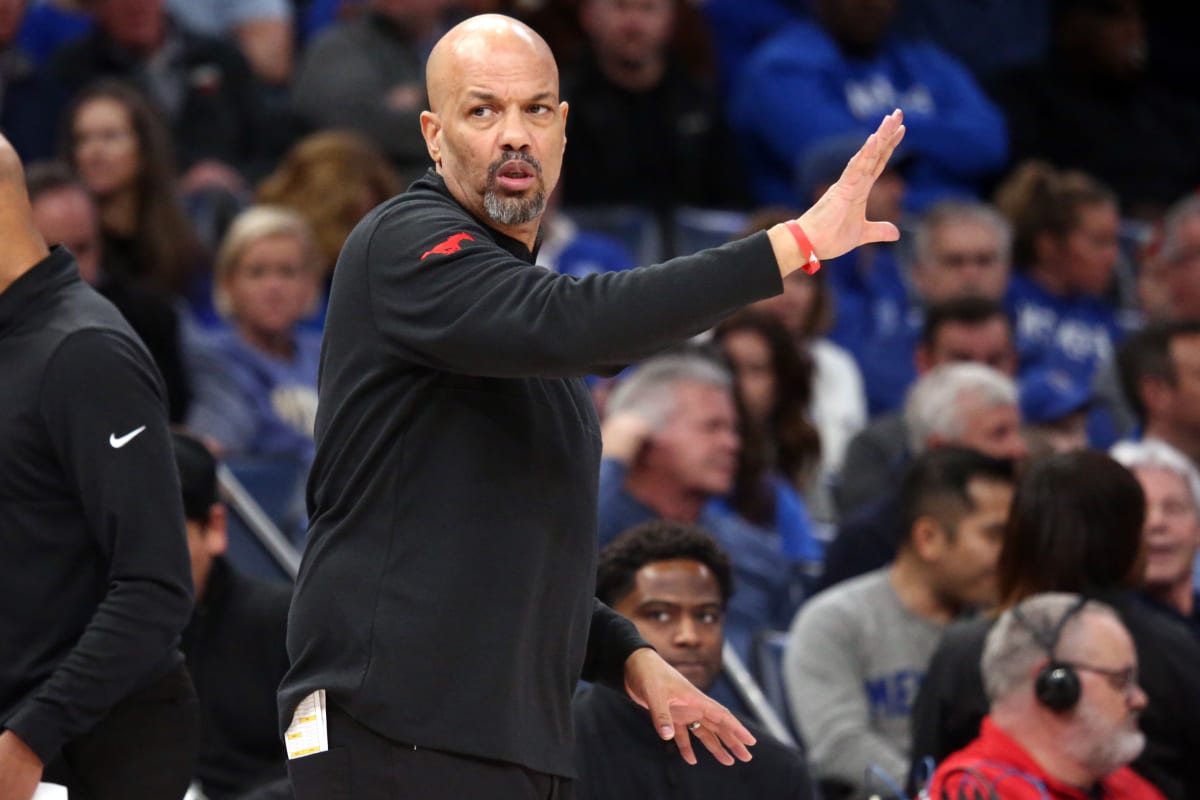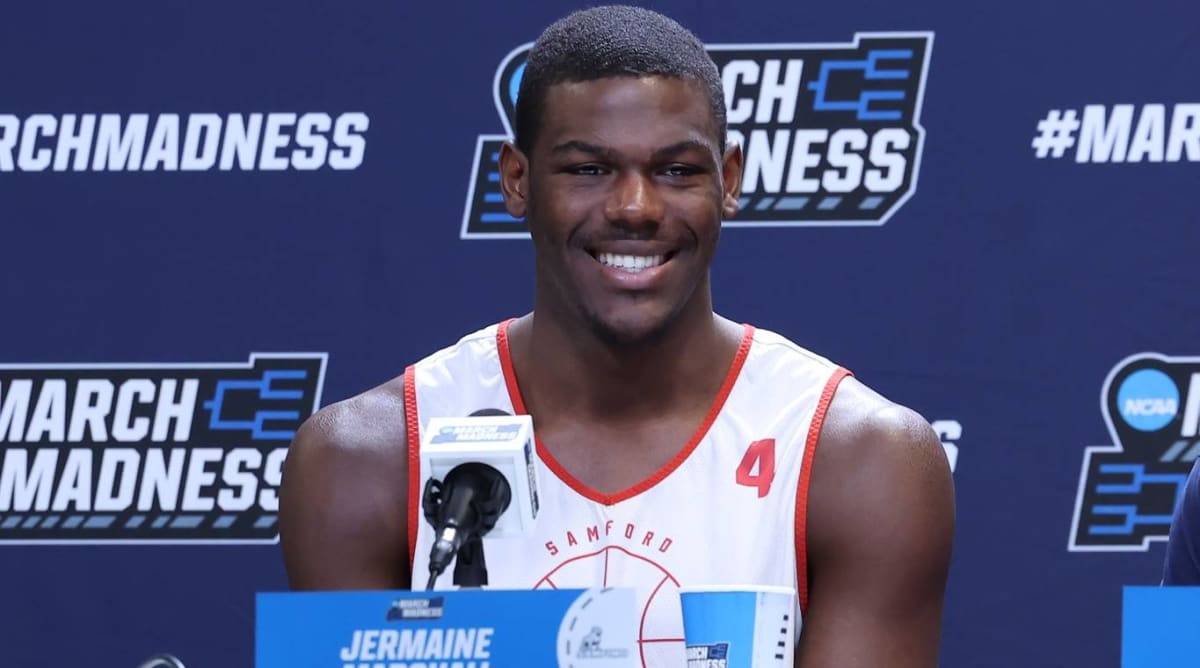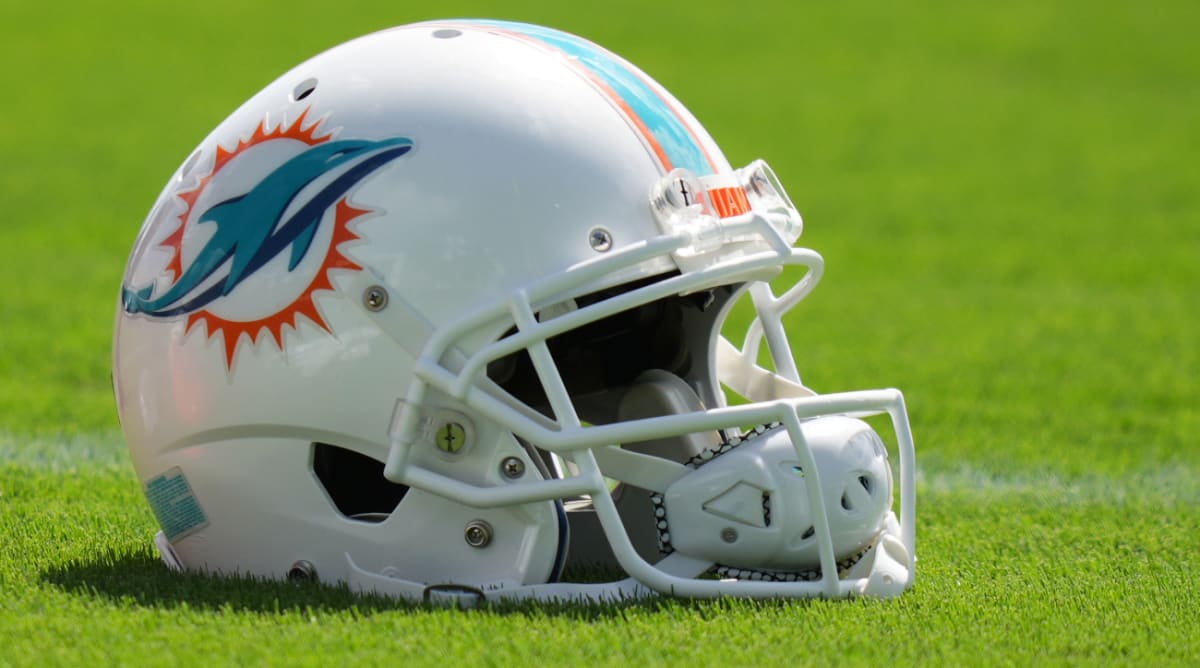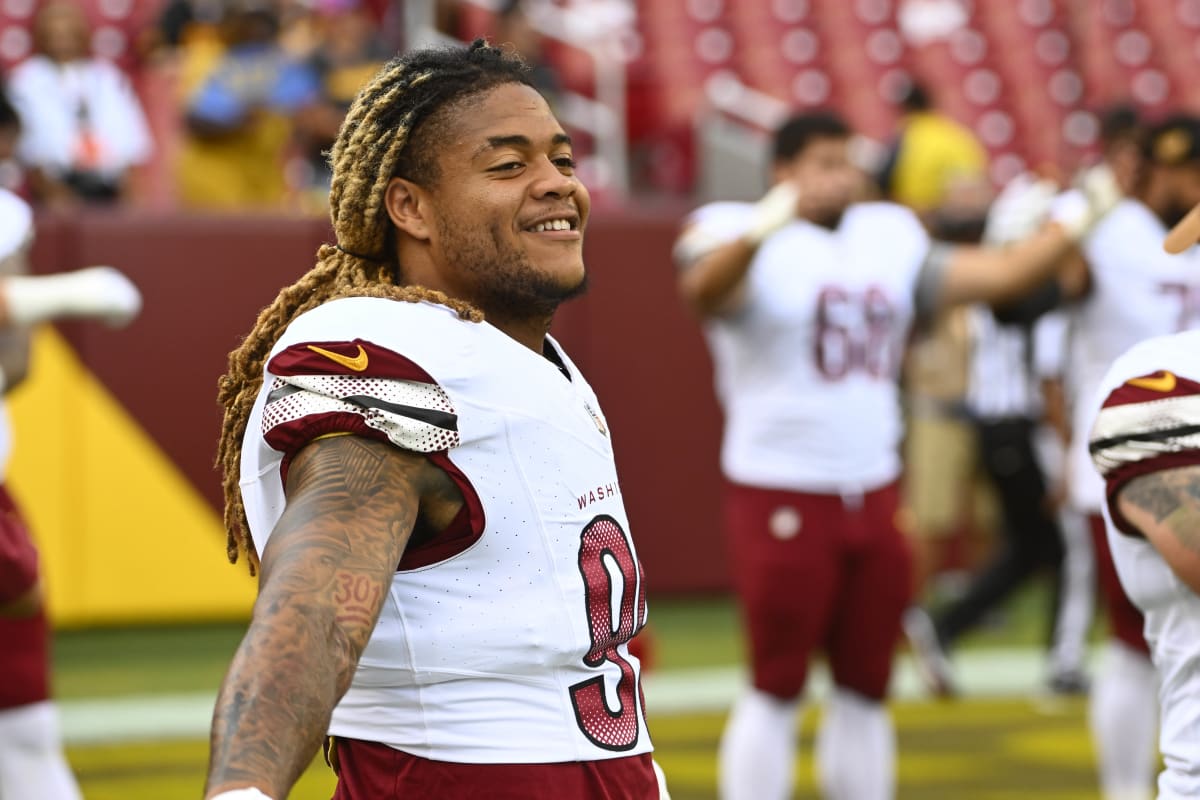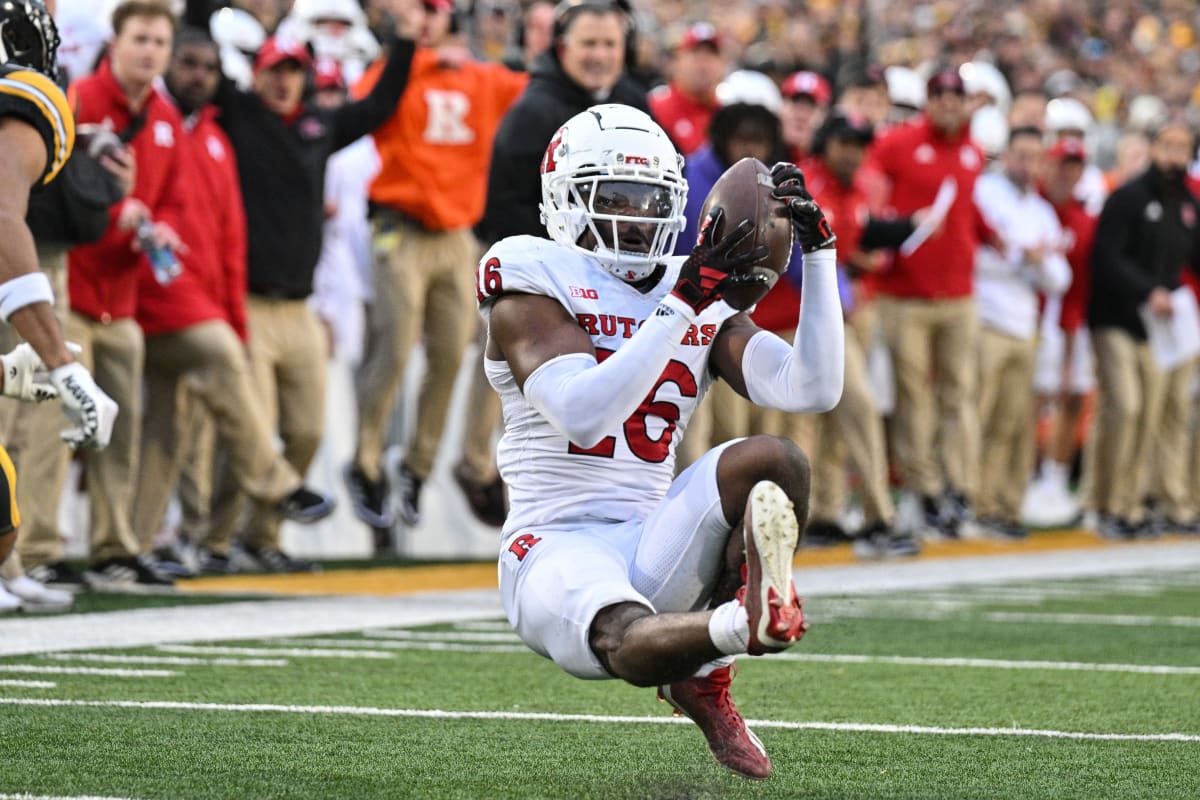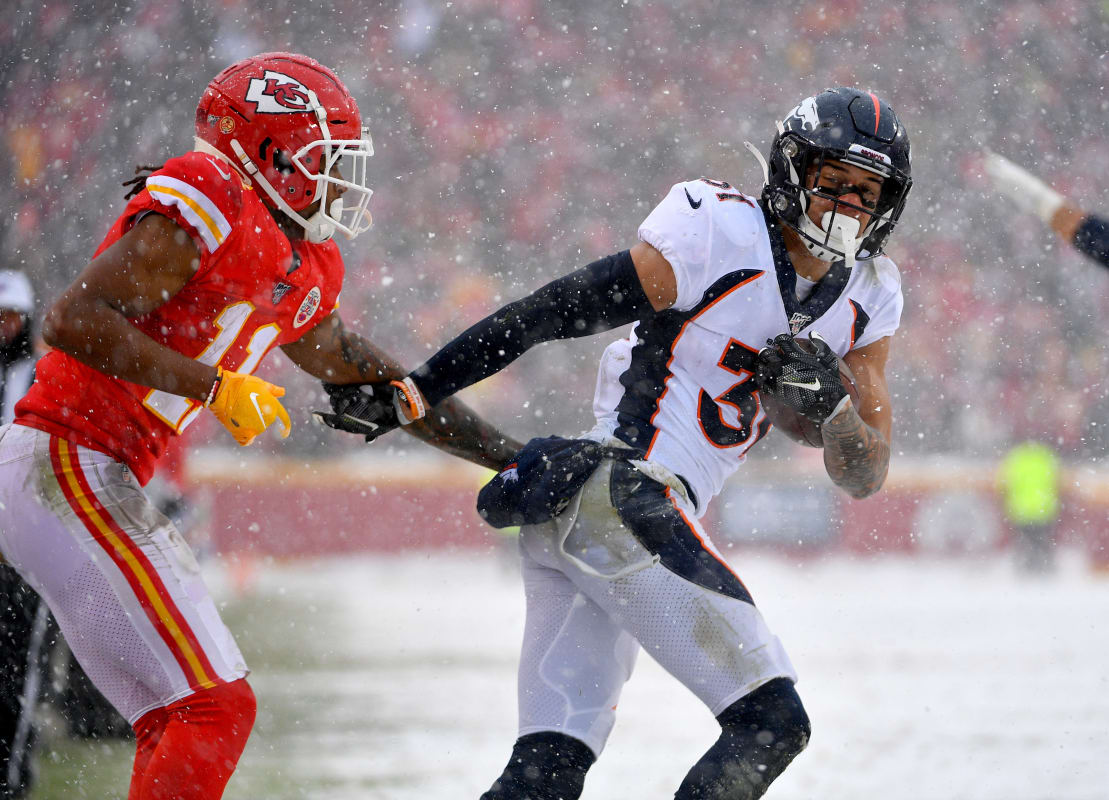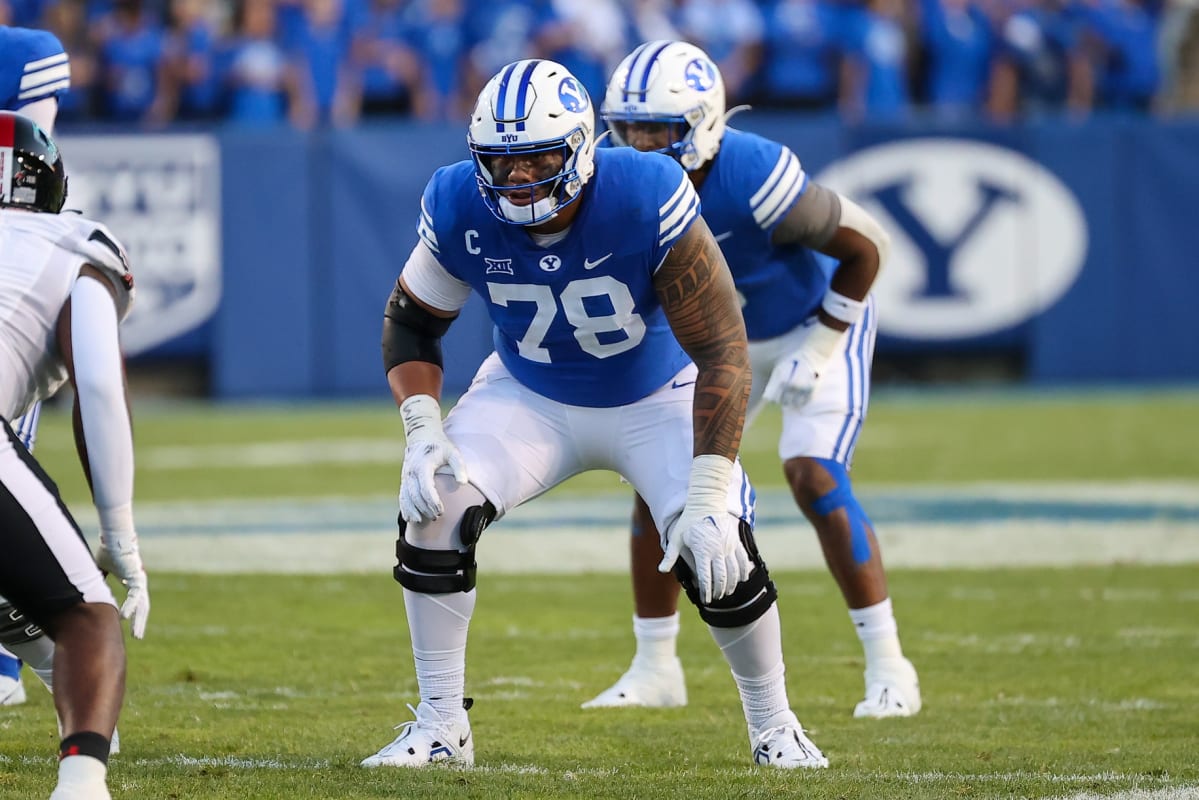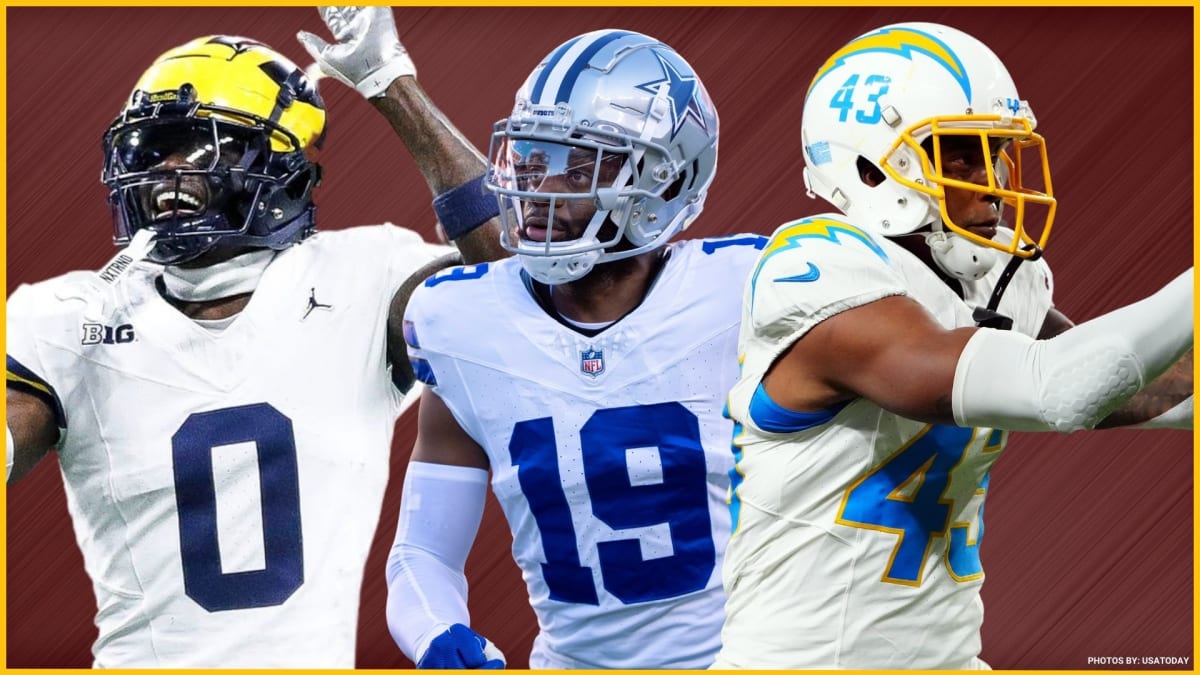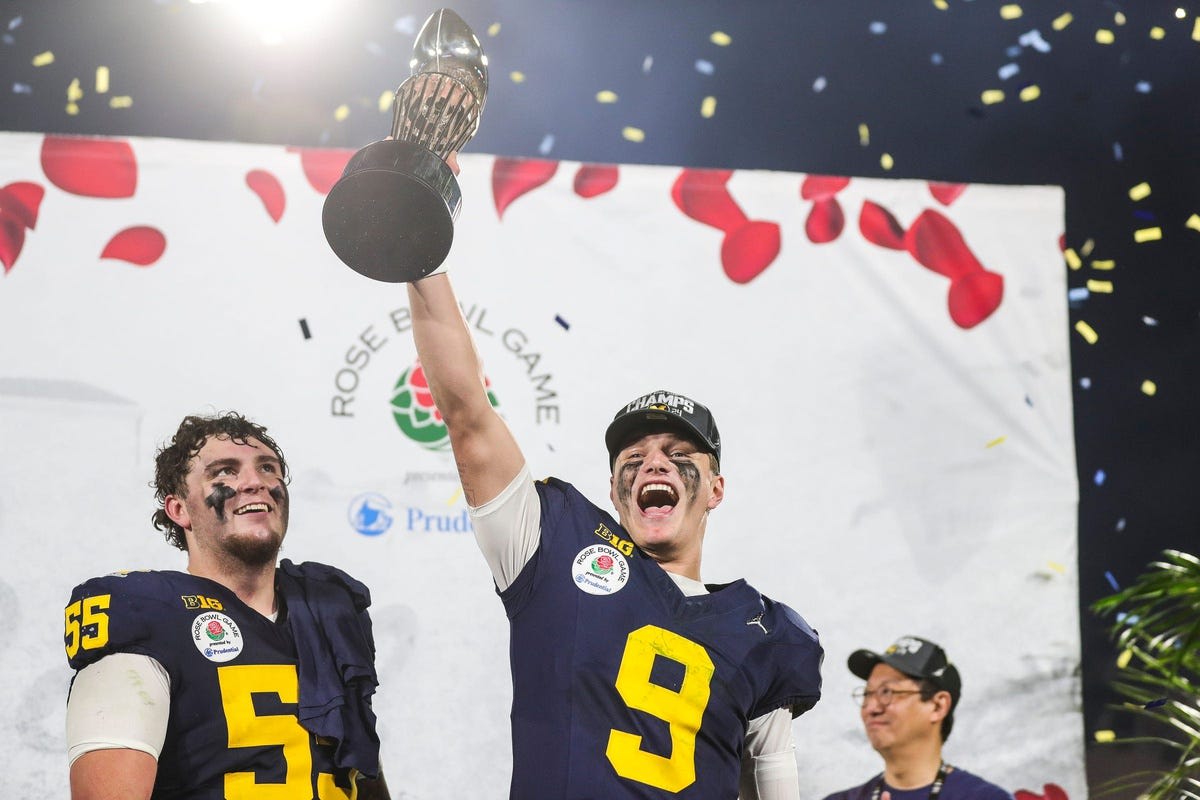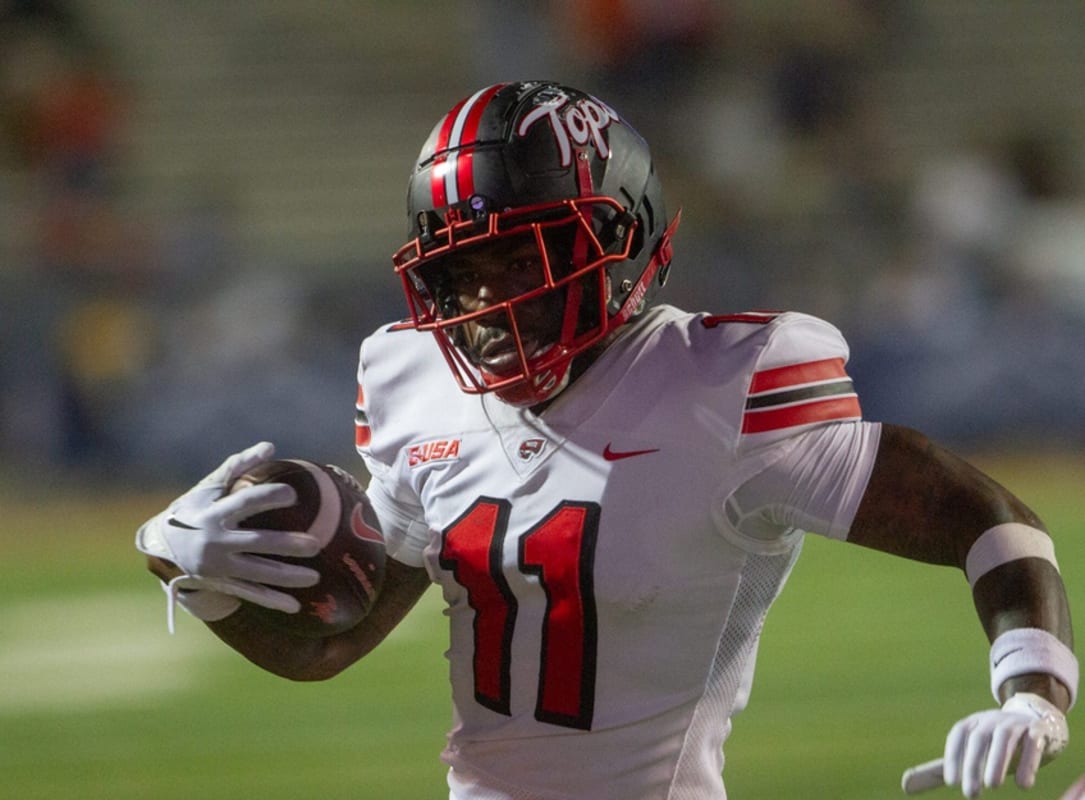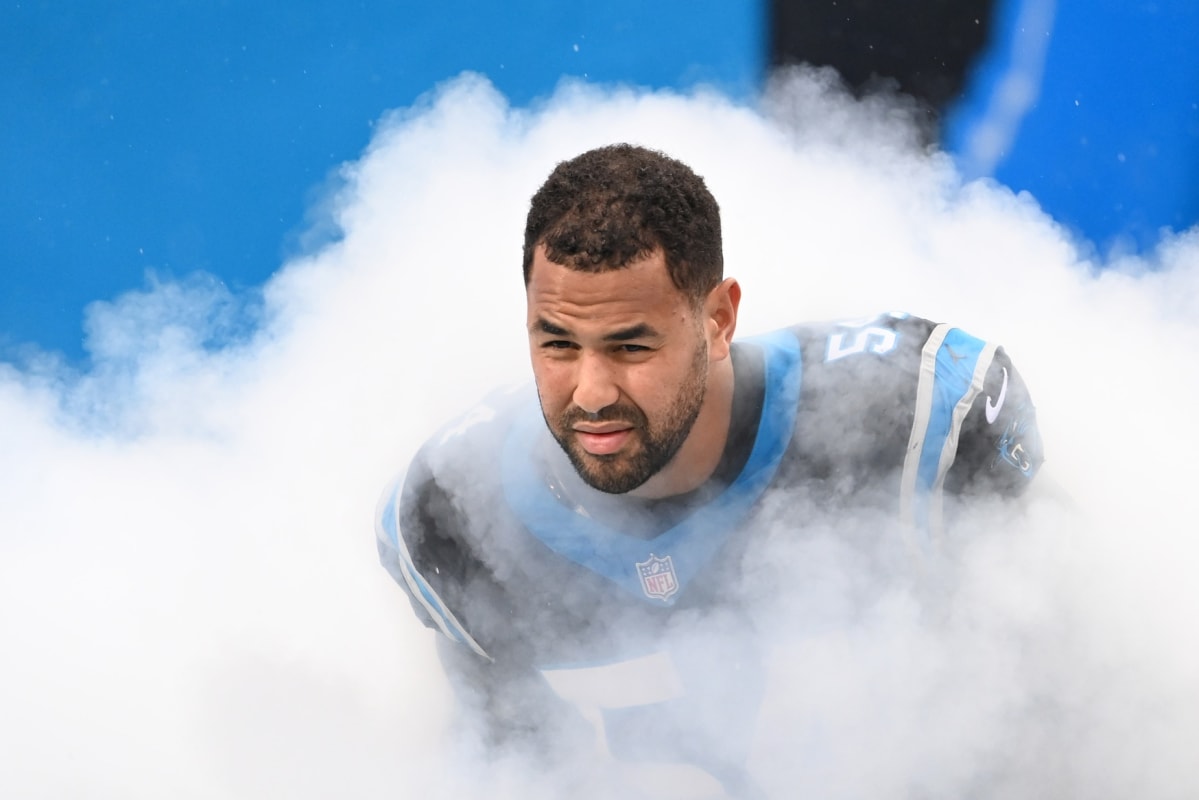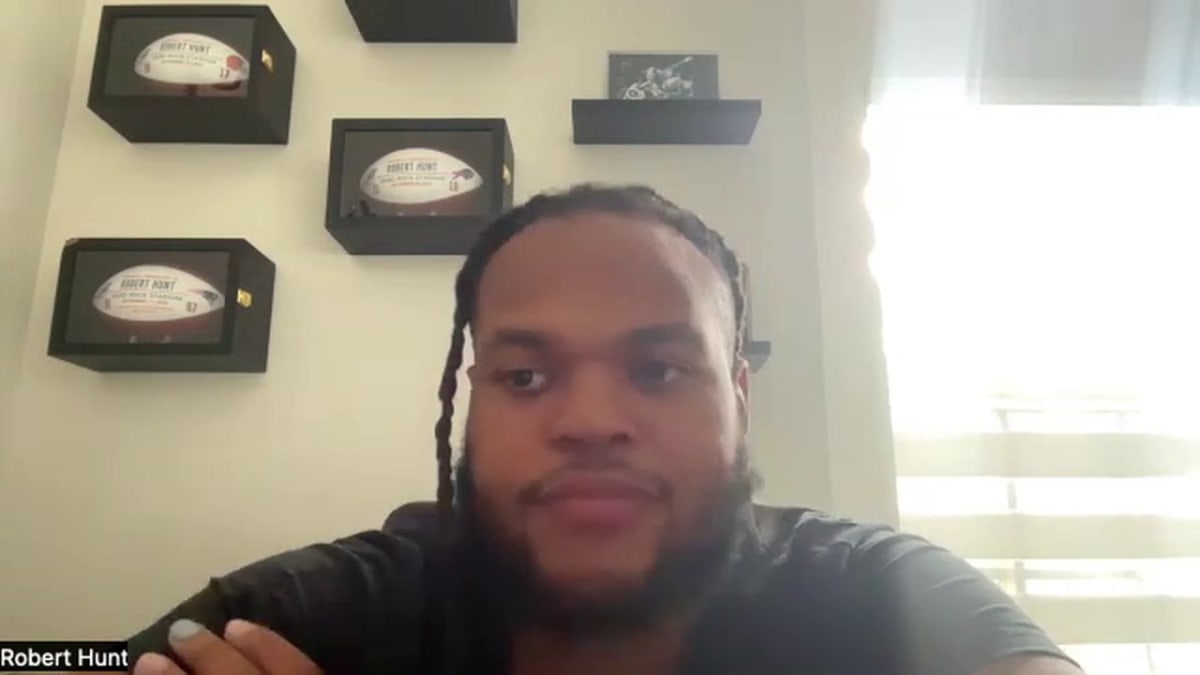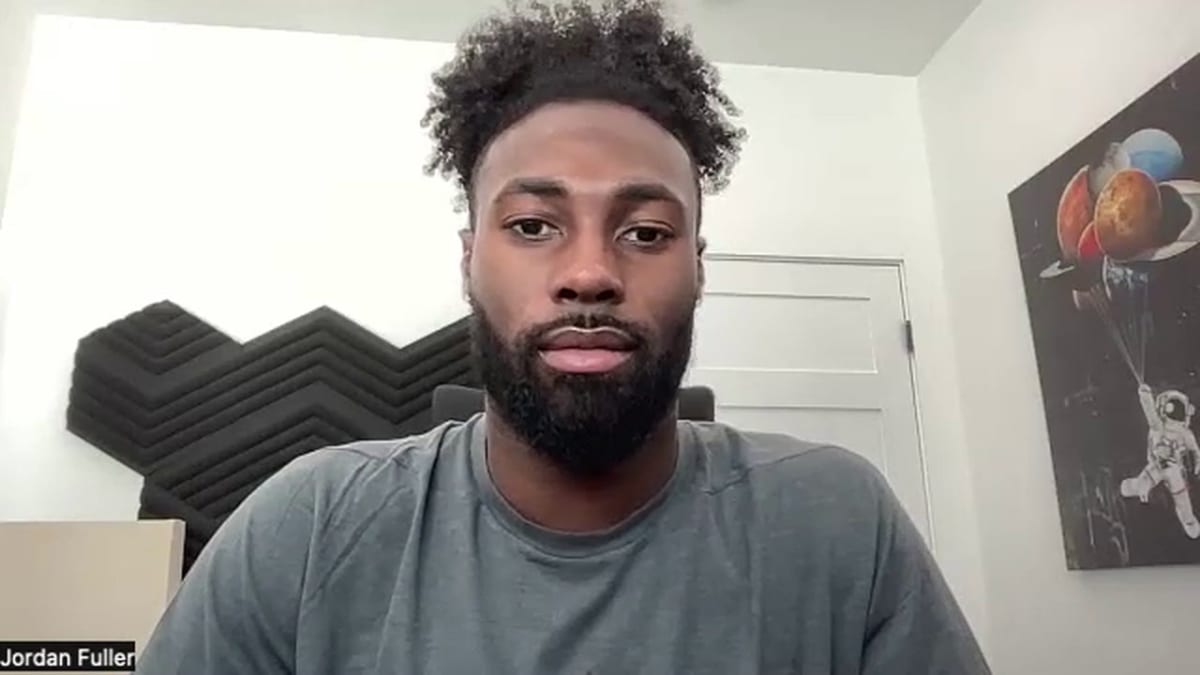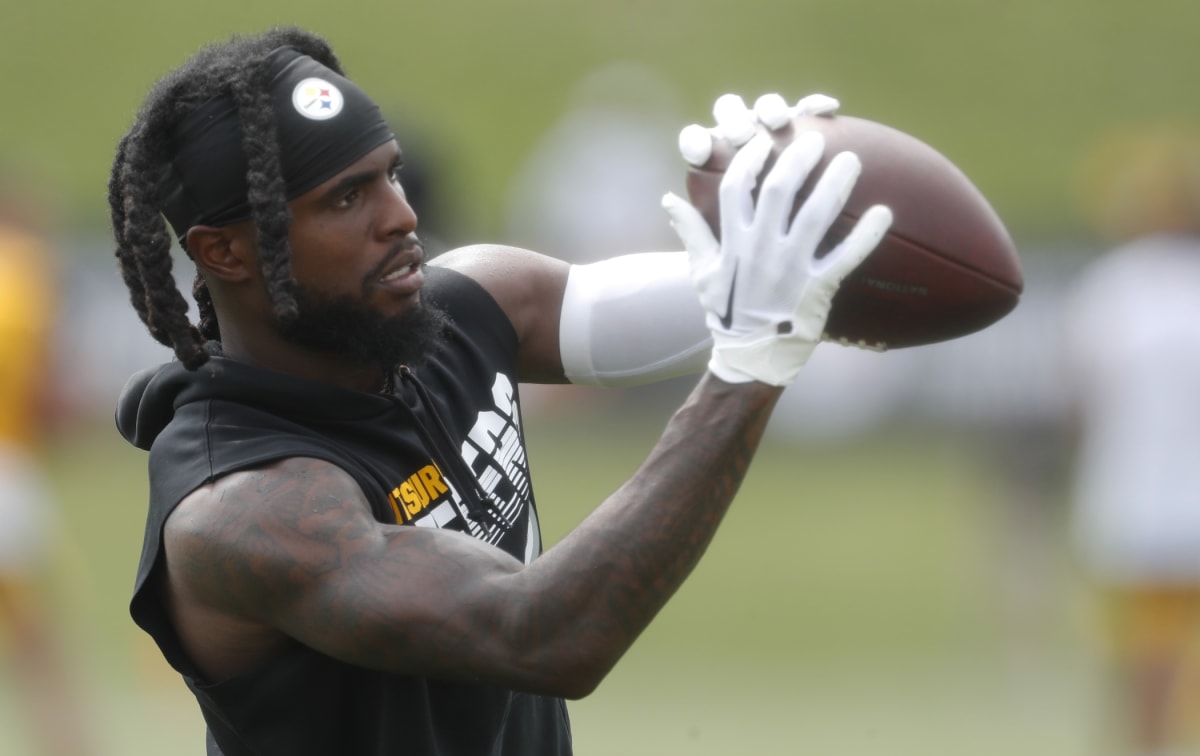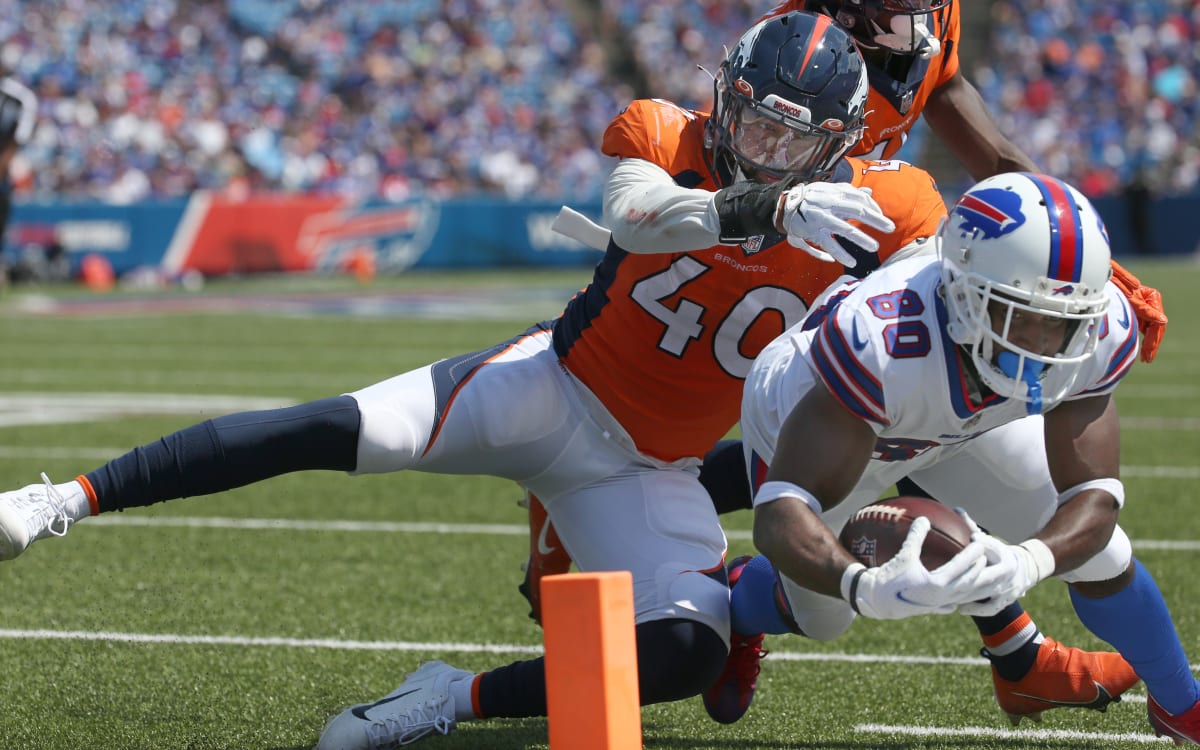LYNCHBURG and LEXINGTON, Va. (WFXR) — Thursday marks 50 years since Title IX was signed into law, banning discrimination based on gender in education, including sports. It opened doors for countless female athletes, some of them becoming coaches and role models in their respective sports.
Dot Richardson remembers what life was like before Title IX.
“I was denied the opportunity to play baseball, because I’m a girl,” Richardson said. “One day I had a chance to play little league baseball but I disguised myself as a boy in order to do it and I said to my coach, thank you but no thank you. If I have to hide who I am, I don’t think it’s right.”
Fast forward a couple of decades to the Atlanta 1996 Olympics, when Richardson played in the first ever Olympic softball tournament for Team USA.
“They say the 1996 Olympics was the Olympics of Title IX and it really was. When you looked at the USA women’s team sports. We won gold medals. All of us,” Richardson said.
Richardson went on to repeat gold medal success at the Sydney 2000 Olympics before eventually becoming the head softball coach at Liberty in 2013.
“To see the evolution of women in sport and to be a part of that is such a blessing,” Richardson said. “I was a part of the generation that put the gap together between those women that competed for the love of the game. Where you see women with commercials and sponsorship and valued.”
The impact of Title IX over the last half century has spanned generations across a multitude of sports and competitive levels, including Division III women’s lacrosse.
“I think I count myself as really lucky. I’m in that generation in that growing up in the 80s and early 90s, never knew that women didn’t have opportunities to play sports. That was just something we did and that we were offered,” former Washington and Lee women’s lacrosse head coach Brooke O’Brien said.
In her decade and a half in charge of the Generals, O’Brien guided them to over a dozen ODAC championships. And like Richardson, she understands the responsibility she has in mentoring the next generation of female athletes.
“We’re still not there. I think professionally, both in the college game and in terms of other areas, whether it’s high school or what not, there’s still a lot of work to do,” O’Brien said. “There’s still a lot of equity that needs to be created and committed to. It’s something that I talk to my players a lot about. Make sure you know what you’re worth and make sure you ask for that.”
And O’Brien knows those lessons apply far beyond the field and the classroom.
“I want them to leave having a confidence about them and knowing that whatever they do next, whether they walk into a board room or an operating room or a school room, whatever it is, they know, ‘I got this, I can handle whatever is being thrown my way.’ And have that quiet confidence about them to go out and do their thing,” O’Brien said.
Both head coaches are optimistic about the future of women’s sports and Title IX.
“Everyone does deserve opportunities and what is an opportunity that is the most fair that can happen,” Richardson said. “But I’ve always looked for the day when people look at athletes as athletes and not male athletes and female athletes.”
O’Brien realizes that there may be some gray area in interpreting Title IX but hopes schools can stick to upholding the spirit of the law rather than getting lost in the technicalities.
“I hope it’s true equity,” O’Brien said. “I hope it’s true equity across every division and I hope it’s true equity across every geographic area.”



